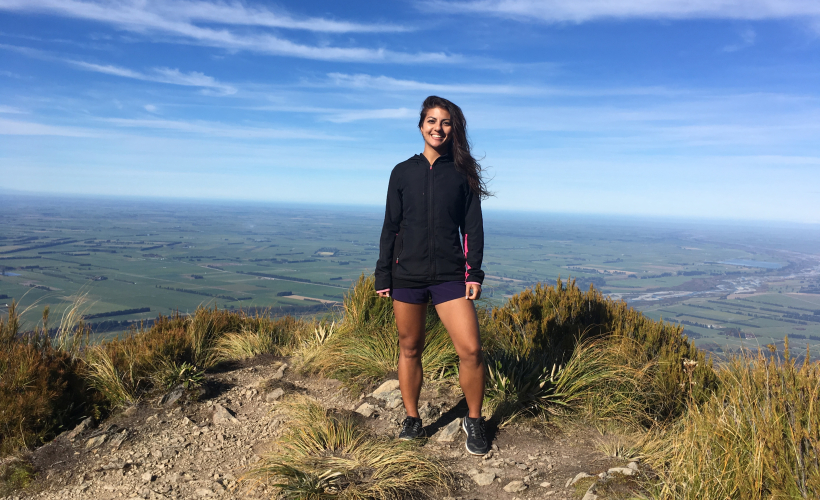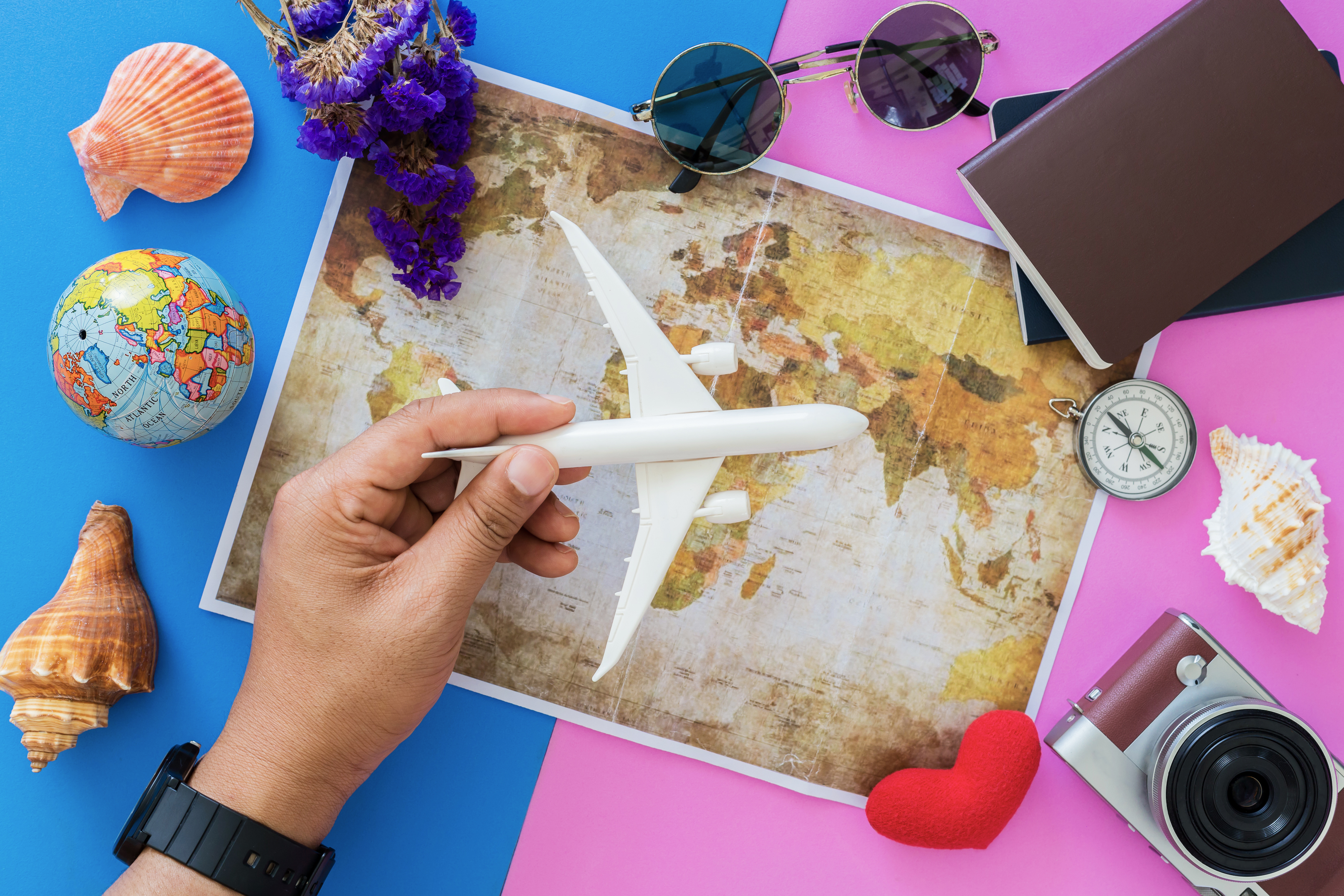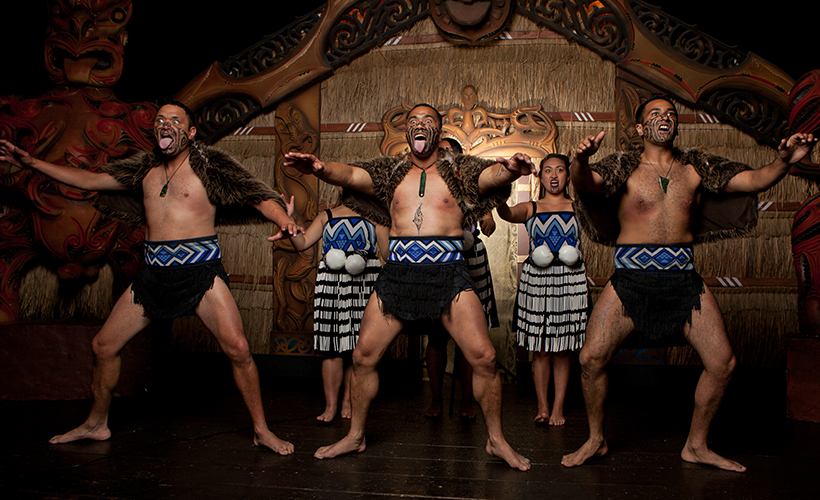
For most people, the Haka, also known as a Maori war dance, is synonymous with the culture of New Zealand. It is generally the first thing that comes to mind when people think of New Zealand’s infamous rugby team the All Blacks – their powerful and awe-inspiring pre-match ritual is admired and known by millions of people all over the world.
However, it’s not just New Zealanders who are performing the Haka. It has even captivated Hollywood celebrities and members of the royal family. For Game of Thrones and DC Comic fans, Jason Momoa paid homage to the Maori culture during the premiere of his latest blockbuster Aquaman, sending chills down peoples’ spine with his own take on it. While all eyes were on Prince Harry when he became the first British royal to perform the Haka back in 2015, his recent visit to New Zealand with Meghan Markle saw the military return the favour with a rousing performance.
This brings about the question of what exactly the Haka is. Why is this war dance so deeply embedded in Kiwi culture?
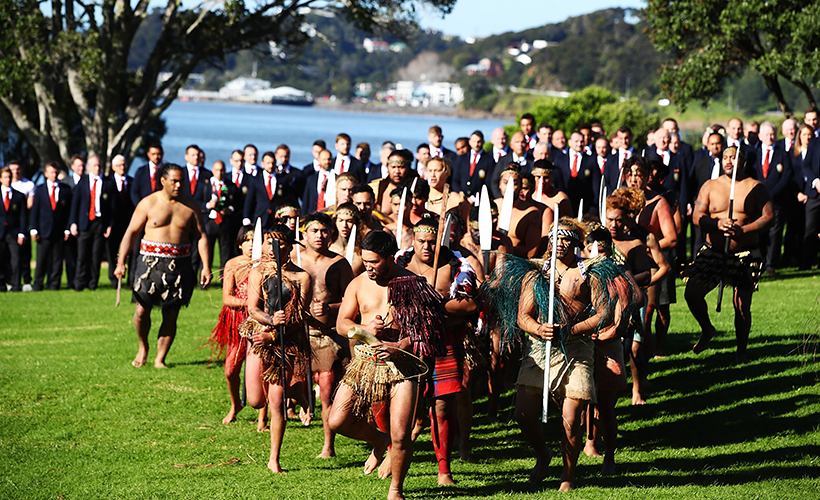
Origins of the Haka
The story behind the creation of the Haka goes deep into the roots of Maori culture, and it is based around the tradition of story-telling. It’s said to have originated from the Sun God Tama-nui-to-ra. Legend has it that he had two wives – Hine-takurua, the Winter Maid, and Hine-raumati, the Summer Maid.
Hine-raumati and Tama-nui-to-ra had a son, Tane-rore, who created a Haka for his mother. According to the legend, the quivering appearance of the air on hot summer days is said to be a sign that Tana-rore is dancing for his mother — this light, rapid movement eventually became what is recognised as the foundation of the Haka we know today.
Beyond the legend of Tane-rore, Maori have used the Haka on the battlefield. European settlers were met with the Haka, to signify their readiness for battle, invoking fear and respect. Decades later, the legendary 28th Maori Battalion performed the Haka before fighting German troops. The Battalion has since been recognised by both Allied and German forces as being a formidable group of soldiers and was the most decorated New Zealand unit during World War II.
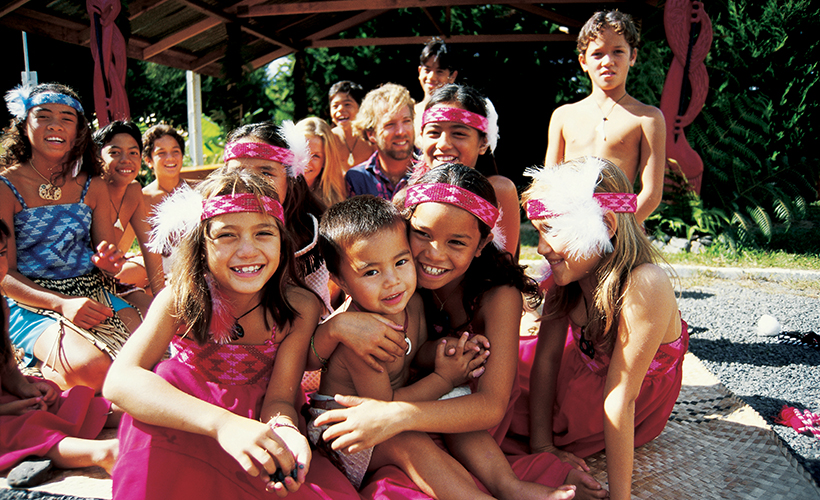
More than a war dance
At the core of the Haka and Maori culture is the word ‘mana’, which means respect. A Haka is a demonstration of mana – respect for who the Haka is being performed to, even if they are an opponent.
The importance of respect is perhaps a contributing factor to where you may see a performance of it today, which is generally part of a warm Kiwi welcome, or a sign of love and happiness. Recently, a video of a Haka performed at a Maori wedding went viral with over 33 million views – piquing interest in what this traditional dance meant.
It’s also performed to mark solidarity in times of adversity, and in the days and weeks after the Christchurch attacks, it was performed by many groups that came from across New Zealand to mark their respect for those affected.
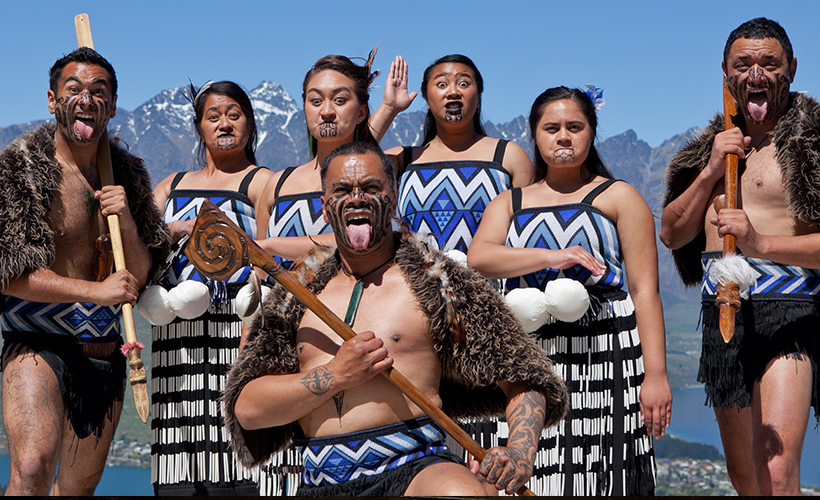
Experience New Zealand’s spirit
Even if you’re undecided on whether to visit the North Island or South Island, wherever you choose to go, the Haka is a symbol of New Zealand’s collective and unified identity. With its reputation for hospitality, the country is renowned for its ability to accept and welcome individuals of all races and cultures, which is often referred to as ‘Manaakitanga’. This comes across in the hospitality that you experience from New Zealanders, truly making this unique country feel like it’s a home away from home.
There are many opportunities for visitors to New Zealand to experience the Haka, including:
Te Puia, Rotorua – At Rotorua, the birthplace of Maori cultural tourism, Te Puia Maori Arts and Crafts Centre invites guests to experience Maori culture and custom. The centre puts on an excellent hangi (traditional cooking method) and showcases traditional performances.
Auckland Museum – The Museum’s performance is recognised as being one of the best in New Zealand and culminates with a spine-tingling version of the world-famous Haka.
Ko Tane The Maori Experience, Christchurch – The South Island’s only Maori Cultural Performance & Hangi Dinner is an interactive Maori cultural experience that provides a look into Aotearoa’s history from the past to the present day.

